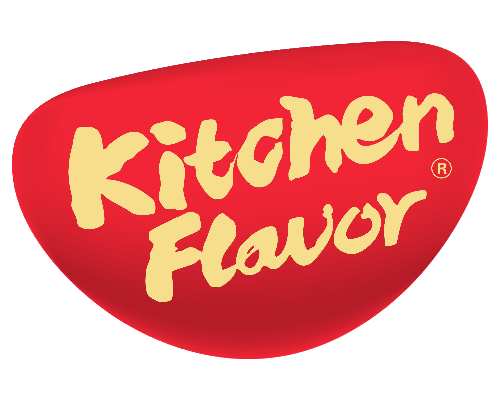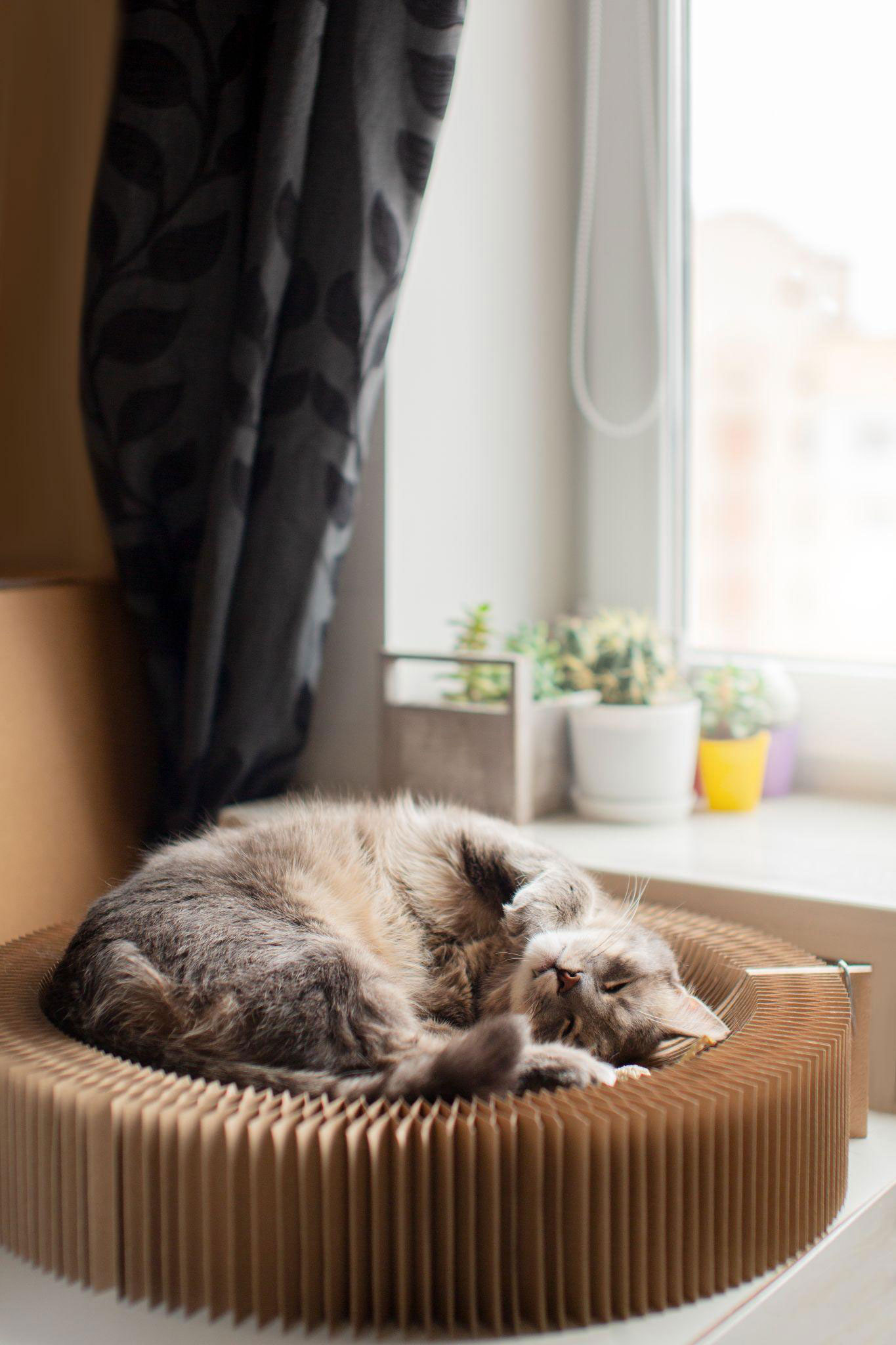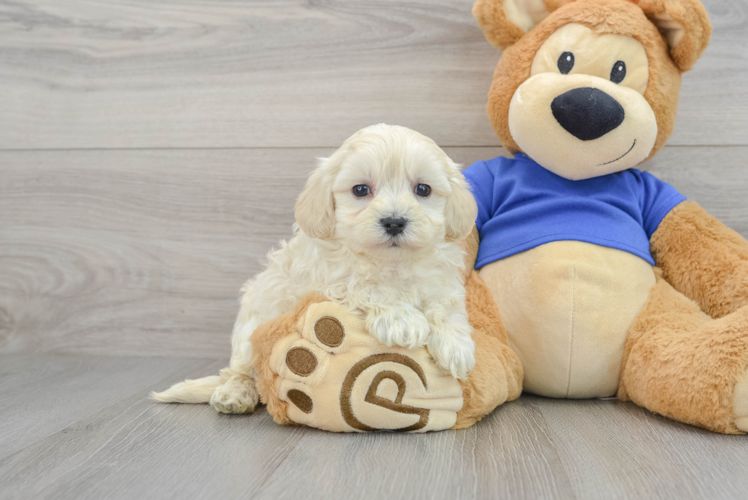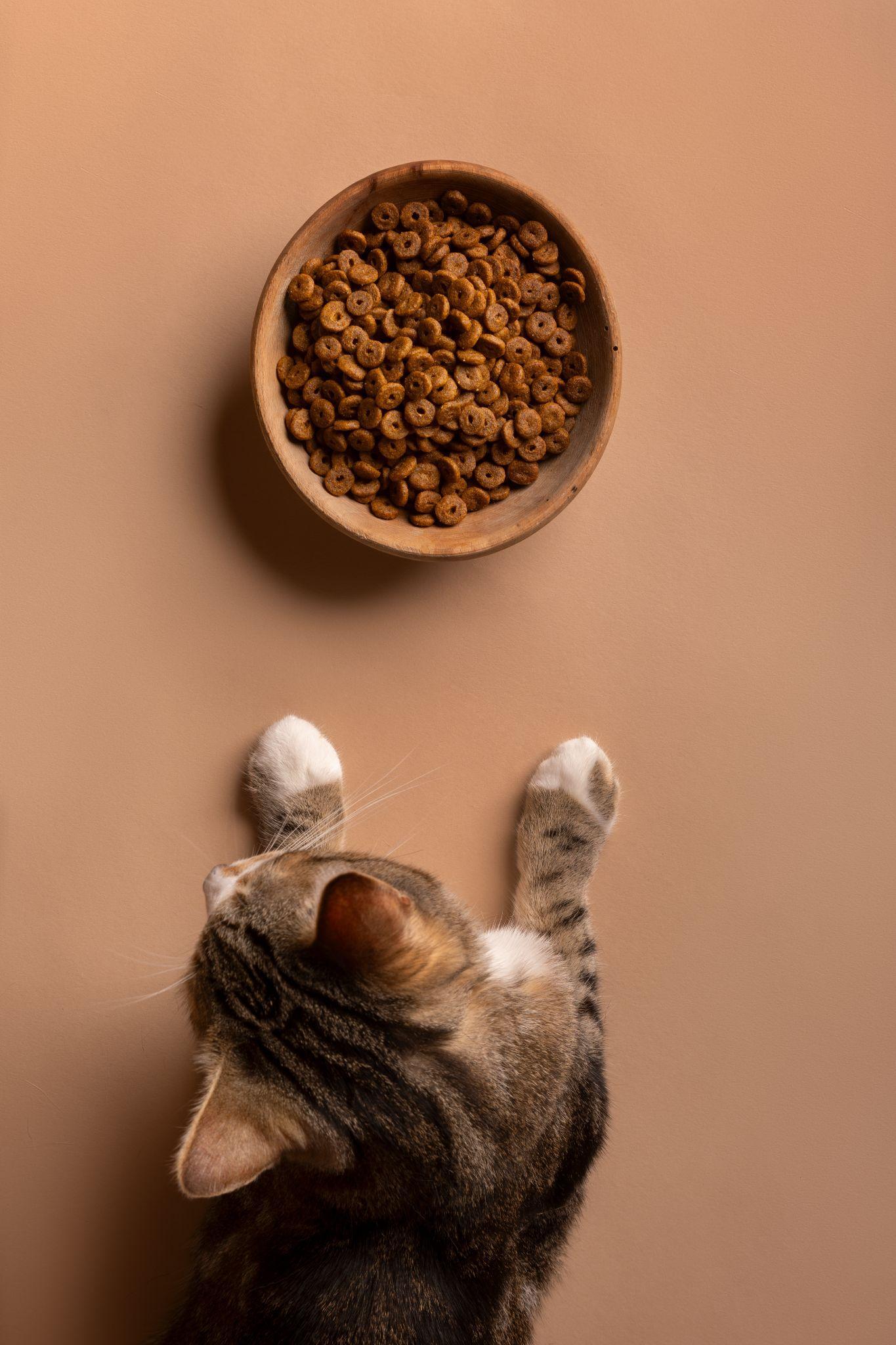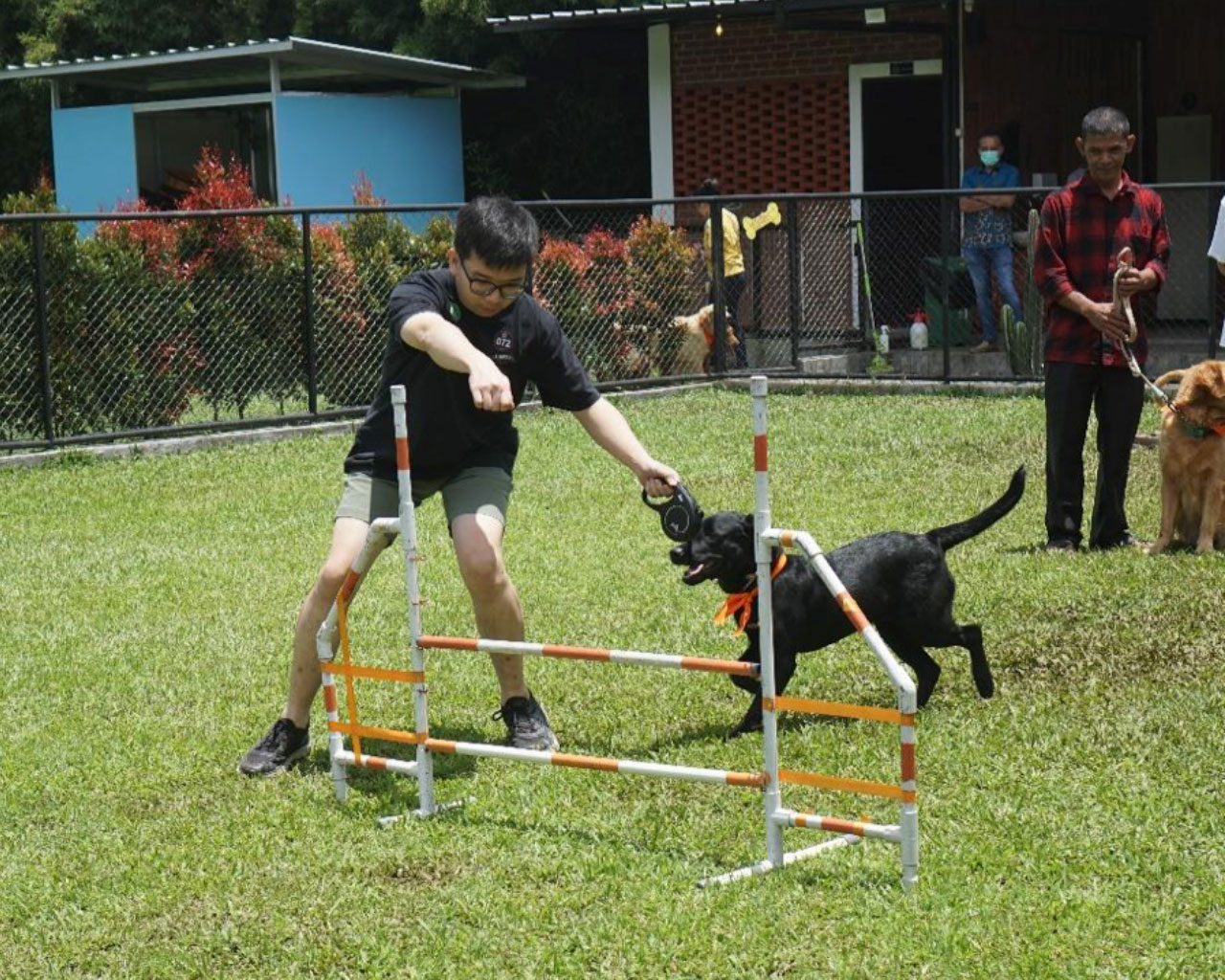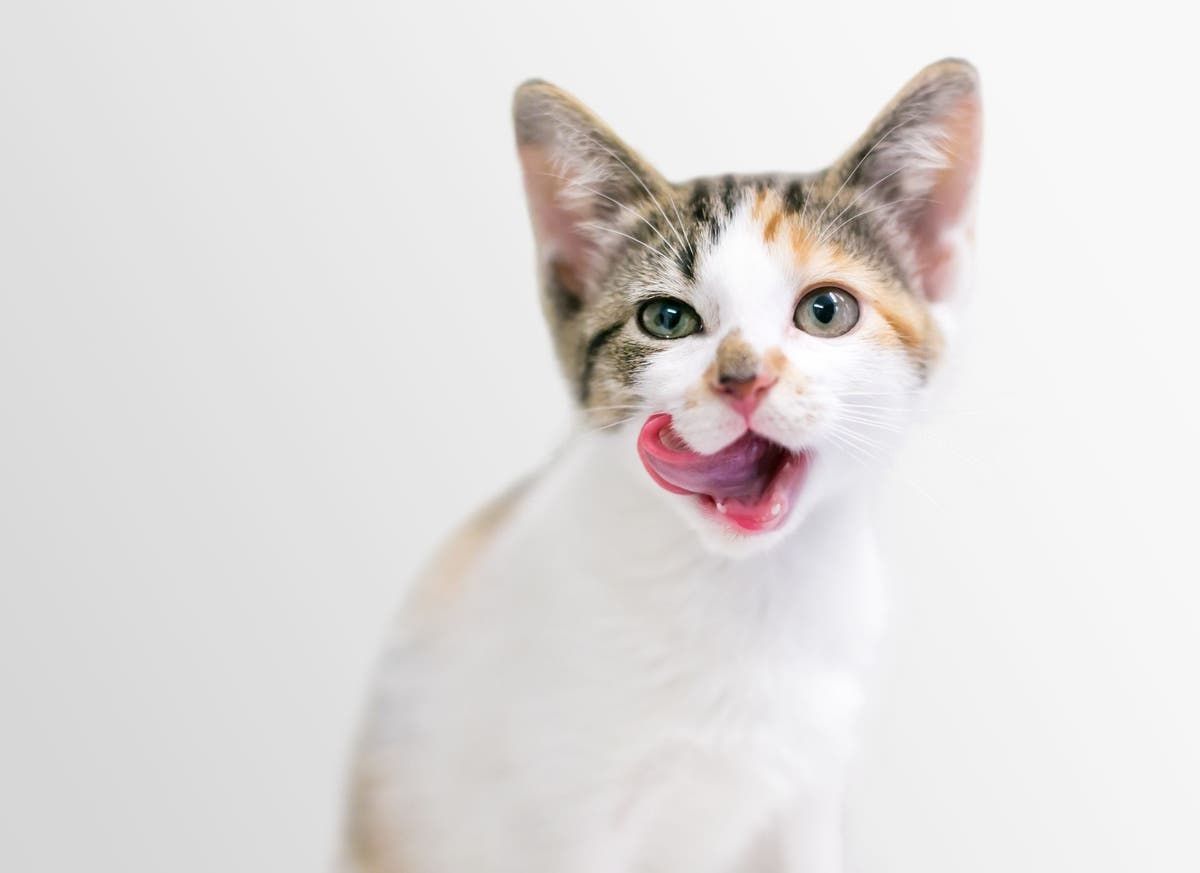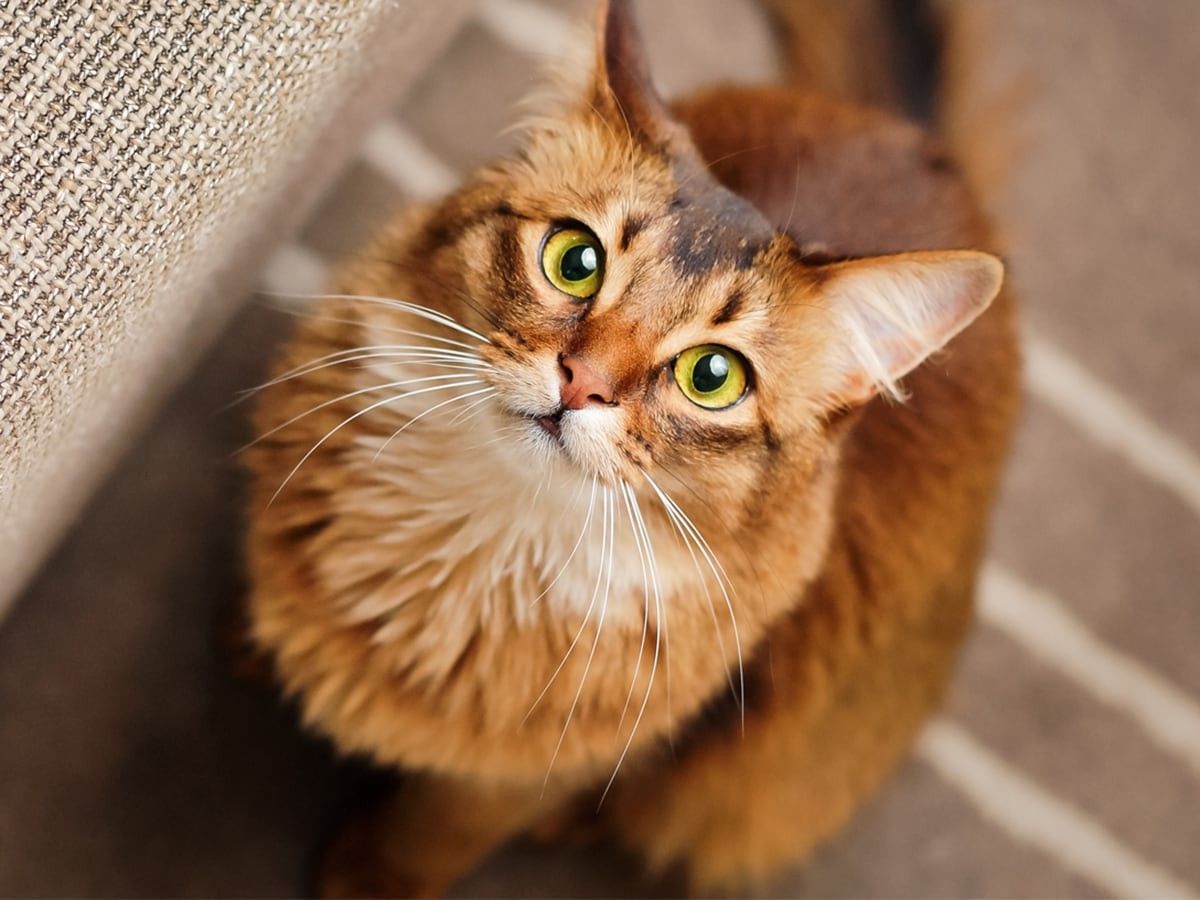Stress has negative consequences on the health and well-being of animals, and shelter cats are especially vulnerable to stress-induced health problems such as upper respiratory infections. In addition, stress can make cats exhibit unwanted behaviors, including biting and scratching. Cats that are ill, or have behavior issues, are less likely to be adopted. Sadly, these conditions can lead to euthanasia.
Providing hiding spaces has been proposed as one way to reduce stress in cats in these types of environments. A new study will test this theory by giving shelter cats access to a small, enclosed cat den within their larger kennel space, to see if the addition of this simple tool can improve outcomes for these animals.
"Euthanasia rates for cats in shelters remain stubbornly high, with estimates of up to 70% by some organizations, including the ASPCA," said Dr. Kathy Tietje, Chief Program Officer at Morris Animal Foundation. "We need to take action to help more cats make their way to their forever homes. This study is an important step."
The study is part of a unique partnership with Morris Animal Foundation and the Dumb Friends League, both based in Denver, and EveryCat Health Foundation.
"We’re excited to be conducting a field trial of this simple but potentially powerful intervention," said Katie Parker, Vice President of Sheltering at Dumb Friends League. "We know that improving health has a direct correlation with adoptability. Anything we can do to improve our cats' health is a win for everyone, but especially our cats."
The saying, “You are what you eat,” not only applies to humans—it also applies to dogs! Your pup’s gut health is critical to their wellbeing, and poor nutrition can lead to a host of serious health concerns. Prioritizing their gut health paves the way to everything from better digestion to a happier mood.
Learn how you can manage your dog’s gut health with nutrition and get practical tips and advice that you incorporate into your pup’s everyday routine.
Understanding canine gut health
A dog’s digestive system is intricate. Your four-legged friend has a complex gastrointestinal tract consisting of the stomach, small intestine, large intestine and colon, where food is broken down and nutrients are absorbed.
Gut microbiota (bacteria and yeast) play a vital role in maintaining gut health by aiding digestion, producing essential nutrients and supporting the immune system. When the gut microbiome is disrupted, it can cause several gut-related problems in dogs such as constipation, diarrhea or inflammatory bowel disease. Choosing a diet rich in high-quality ingredients protects the gut microbiota and promotes a healthy gut and, in turn, a happier pooch.
Why gut health is important for dogs
Just like with humans, digestive issues can significantly impact a dog’s quality of life. Dogs that suffer from gastrointestinal problems—such as chronic diarrhea, constipation or food allergies—may experience discomfort, pain and reduced appetite. Digestive issues can lead to nutrient deficiencies, weight loss and general weakness in dogs. It’s not only related to the gut, either. Poor gut health can impact your dog’s skin and coat, mood and risk of chronic disease.
It’s important to prioritize good nutrition to support optimal gut health in dogs. A balanced, high-quality diet that includes essential vitamins, minerals and fiber can promote healthy digestion, nutrient absorption and a strong immune system. It starts by carefully consider what you’re feeding your beloved furry friend.
Choosing the right diet for good gut health
When it comes to supporting your dog’s gut health and digestive system, you can’t overstate the importance of a healthy, high-quality diet. Make sure you’re feeding your pup food that contains real, whole-food ingredients and avoids fillers, artificial additives and preservatives.
Some other important considerations include:
- Food sensitivities and allergies: Identifying food sensitivities and allergies can go a long way in promoting a healthy gut for your dog. Some common allergens dogs can suffer from include grains, dairy and certain proteins such as chicken or beef. If you’re wondering which foods may be causing your pup discomfort, a trip to the vet for allergy testing may be a helpful step in identifying any potential food sensitivities.
- Dietary fiber: Not only does dietary fiber help regulate bowel movements, it also promotes the growth of beneficial bacteria in the gut. Excellent sources of fiber for dogs include fruits and vegetables such as sweet potatoes, green beans, carrots and apples. Also, incorporating whole grains like brown rice and oatmeal can help. Your dog will love these tasty additions to their diet!
- Probiotics and prebiotics: You can soothe your dog’s gut and support digestive function with probiotics and prebiotics. Prebiotics are a type of fiber that serve as food for the healthy bacteria in your dog’s gut, while probiotics are live microorganisms that help balance the gut flora. Some great prebiotic foods to consider adding to your dog’s diet include sweet potatoes, bananas and oatmeal.
Always consult a vet before switching or supplementing your dog’s food. And remember—if you’re planning to make changes to your dog’s diet, make gradual transitions to prevent sudden digestive issues.
Other tips for managing your dog’s gut health
Aside from adopting a gut-friendly doggy diet, there are other ways you can support your furry friend’s digestive health. Try the following strategies.
- Ensure proper hydration: Hydration is directly related to gut health. If you notice that your dog isn’t drinking enough water, add some low-sodium broth to their meals or consider getting them a pet water fountain to encourage them to drink more water.
- Portion control and feeding schedule: Portion control and a feeding schedule play an important role in managing your dog’s gut health. Overfeeding can lead to obesity and other medical conditions that affect their digestive system. Stay consistent with the portion you feed your dog—and when you feed them—each day.
- Rotational feeding: Rotational feeding involves rotating your dog’s diet with different types of food. This method has numerous benefits, including introducing new flavors and textures, providing a balanced diet and reducing exposure to foods that cause allergies or sensitivities.
Protect your dog’s gut health with the right nutrition
Dogs with a healthy gut live happier, healthier lives. By implementing a gut-healthy doggy diet that’s rich in high-quality whole foods and supplementing when needed, you can prevent digestive issues from plaguing your pup. When their gut feels better, so will the rest of your furry friend!
Source: https://petwellbeing.com/
Cats have a rather notorious reputation as picky eaters. Most cat owners attribute it to a little priss or sass, but have you ever stopped to wonder if it’s because your cat’s gut just doesn’t agree with some foods? For many feline lovers, their cat’s gut health is something of a mystery.
Poor gut health in cats can lead to a multitude of health issues, from diarrhea and constipation to more severe conditions like inflammatory bowel disease. But how can you promote good gut health—and a happier life—for your furry friend while still giving them a meal they’re willing to eat?
Discover how nutrition plays a leading role in protecting your cat’s digestive health—and what you can do to protect it.
Understanding your cat’s gut health
A cat’s gut health differs from a human’s, both in function and composition. For starters, a cat’s digestive system is much shorter than a human’s, which allows them to quickly digest and absorb nutrients from their food. Cats are also obligate carnivores and require certain nutrients that can only be found in meat, so their digestive system has evolved to handle a protein-rich diet much better than humans can.
Like humans, though, cats can experience various gut health issues, including diarrhea, constipation and inflammatory bowel disease (IBD). These conditions can cause discomfort, reduced appetite and weight loss—all of which can impact their overall quality of life.
Wondering if your cat’s trying to tell you their gut health is suffering? Be on the lookout for these signs:
- Regular vomiting not attributed to hairballs
- Lack of appetite (perceived as picky eating)
- Changes in bowel movements
- Changes in mood or lethargy
- Weight loss
Key nutrients for a healthy gut
Just like in humans, proper nutrition plays a significant role in supporting digestive health in our feline friends. Critical nutrients that promote good gut health in cats include:
- Fiber: Fiber is a crucial nutrient for promoting healthy digestion. It adds bulk to stool, aids regular bowel movements and supports the growth of beneficial gut bacteria. Ensure your cat’s diet includes fiber-rich foods.
- Probiotics: Probiotics are live beneficial bacteria that support a healthy gut microbiome. They aid digestion, improve nutrient absorption and boost the immune system. Look for cat-friendly probiotic supplements or foods that contain live cultures.
- Prebiotics: Prebiotics are non-digestible fibers that nourish the beneficial gut bacteria. They promote the growth and activity of these bacteria, enhancing digestive health. Sources of prebiotics for cats include chicory root, dandelion greens and oats.
- Essential fatty acids: Omega-3 and omega-6 fatty acids are essential for cats’ overall health, including gut health. They have anti-inflammatory properties and support a healthy immune system. Incorporate fatty acid-rich foods like fish oil or choose cat foods fortified with these essential fats.
Choosing the right cat food for gut health
How do you find food that’s the perfect match for your cat’s dietary needs? Start by reading cat food labels. Look for high-quality proteins such as chicken, fish or turkey as the first ingredient. High-quality ingredients should be used to create a complete and balanced diet for a cat. Avoid cat foods that contain fillers, grains and by-products that can negatively affect their digestive system.
- Commercial cat foods: When it comes to commercial cat food, not all options are equal. Some companies are dedicated to producing high-quality cat food with specific ingredients that promote gut health. Look for cat food that contains prebiotics, probiotics, digestive enzymes and fiber, which help to maintain and improve the gut microbiome.
- Specialized cat food formulas: In some cases, specialized cat food formulas may be required to manage gut health issues. For example, cats with IBD may benefit from specialized formulas that include limited ingredients, hydrolyzed proteins and low fat.
Feeding strategies for gut health
Transitioning to a new diet can be challenging for some cats—especially those known for being “picky eaters.” Here are some tips to make the transition smoother for your feline friend:
- Introduce the new diet gradually over a week or two
- Offer small and frequent meals to avoid digestive upset
- Monitor your cat’s response to the new diet
You can also consider supplementing to support your cat’s gut health. Some supplements, such as digestive enzymes and probiotics, can improve your cat’s digestive function. Consult with your veterinarian before changing your cat’s diet or giving them any supplements.
Additional strategies to support your cat’s gut health
Diet isn’t the only path to a healthier gut. You can also support your cat by providing a clean, fresh water source at all times. Encourage regular exercise and play by providing your cat with toys and other forms of stimulation. And, don’t forget that routine visits to the vet can help catch gut health problems early on before they become more severe.
Good gut health is key to a happy life
It’s hard to overstate the importance of nutrition on your cat’s gut health. Whether it’s time to make some dietary changes or to supplement your cat’s daily meals, make sure to talk to your vet first. With a little homework and attention, you can ensure your cat is on the path to a happy and healthy life. It might take a little work to find a meal they won’t turn their nose up to, but it’s worth experimenting for their happiness and wellness!
Source: https://petwellbeing.com/
Stress and anxiety are easy to spot in dogs. They become afflicted with tummy troubles and the insatiable urge to chew up the entire house. Despite these warning signs, pet parents commonly misbelieve that stress doesn’t affect their dog’s physical health. But diarrhea isn’t the only problem—anxious pups are more likely to contract diseases and suffer from malnutrition.
Your fur baby doesn’t have to go through life in a constant state of stress. It’s never too late to reverse chronic stress and anxiety and their damaging effects. Take a moment to learn the health consequences associated with canine stress and what you can do to prevent them.
Health problems in stressed pups
The impact of stress goes far beyond panting, pacing and barking. Over time, chronic stress can lead to negative effects on your dog’s body. Here are the most common health problems seen in stressed and anxious dogs.
- Upset stomach: Stress and anxiety often cause recurring diarrhea, vomiting and constipation in dogs. Elevated stress hormone levels stimulate the nervous system, especially along the gastrointestinal tract. These overly stimulated nerves trigger intestinal spasms, which leads to stomach pain and runny stool. Stressed dogs frequently vomit because adrenaline slows digestion and forces food to sit in the stomach for too long. Chronic vomiting and diarrhea may lead to dehydration, a serious condition that requires immediate medical help.
- Weakened immunity: Much like in humans, stress weakens your pup’s immune system. Cortisol, a type of stress hormone, reduces the number of antibodies circulating in the bloodstream. Antibodies are crucial for fighting off bacterial and viral infections. With fewer antibodies in their system, your pup may get sick more often. Stress can also drain your dog’s energy, which makes cells more vulnerable to parasites and toxins.
- Loss of appetite: When a dog becomes stressed, their body funnels nutrients to systems that will help the dog survive a dangerous event. This is why anxiety is often associated with high blood pressure, panting and a rapid heartbeat. As your pup enters this fight-or-flight response, the body pulls blood away from systems that aren’t necessary during a stressful situation. Digestion will slow down and make your pup lose their appetite. Loss of appetite can lead to nutritional deficiencies and extreme weight loss over time.
- Health emergencies: Stressed and anxious dogs often develop bad behaviors like chewing on furniture and hazardous objects. They need an outlet for all that nervous energy, and the TV remote just so happens to be within reach. This destructive chewing habit may cause dogs to swallow string, buttons, rocks and other inedible items that can block the wind pipe or digestive tract. These blockages require an emergency trip to the vet for proper removal.
Proven ways to reduce stress in dogs
Pet parents have the power to prevent stress and the resulting health consequences. A few small changes to your dog’s routine can make huge strides toward a relatively stress-free life. Here are some healthy habits to try with your anxious pup.
- Create a stress-relief tool kit: Many stressful situations are unavoidable. You can’t always predict when strangers, fireworks or construction will appear right outside your window. In these scenarios, the best thing you can do is provide temporary stress relief. Pheromone plug-ins and collars emit synthetic chemicals designed to comfort anxious pups. You can mask stressful sounds with a white noise machine or calming instrumental music. Some dogs have a favorite toy they like to carry around that helps them feel safe.
- Stick to a consistent routine: Change is very stressful for dogs, whether you have a new family member or simply bought a different fabric softener. Help your dog cope with the change by keeping their routine as consistent as possible. Pet parents should walk, feed and play with their pups at the same times each day. A consistent routine gives anxious dogs something to latch onto during times of uncertainty.
- Provide physical and mental stimulation: Exercise is a very effective stress reliever for dogs. Moving their bodies releases feel-good endorphins that alleviate feelings of stress and anxiety. Play time burns off excessive energy and helps restore a calm state of mind. Mental exercise is equally important because it distracts anxious pups from the stressful event. Puzzle toys and training sessions can also stave off boredom, which is often a precursor to stress.
Every dog will experience stress at some point in their life. Pet parents must be able to recognize when the occasional stressor turns into a recurring problem. If your dog has chronic stress or anxiety, look for ways to bring happiness back into their daily routine. Reducing stress positively affects the mind and body for overall wellness.
Source: https://petwellbeing.com/
Pertemuan para dokter hewan tidak hanya menjadi ajang untuk bertukar pengalaman dan pengetahuan, tetapi juga kesempatan untuk memperkuat kolaborasi dalam industri pakan hewan. Salah satu brand terkemuka, Nature Bridge, telah memfasitilasi sebuah ruang bagi para dokter hewan untuk menggali lebih dalam tentang pentingnya nutrisi yang tepat bagi kesehatan hewan peliharaan dan juga sharing session yang inklusif dalam Vet Gathering bersama NatureBridge.
Pada NB Vet Gathering yang diadakan oleh Nature Bridge sepanjang 2023 di berbagai kota-kota besar di Indonesia, para dokter hewan dibekali dengan informasi terbaru mengenai nutrisi hewan. Pengetahuan tentang nutrisi yang tepat merupakan fondasi penting dalam menjaga kesehatan hewan peliharaan, dengan sosialisasi dan juga sharing terkait penyakit hewan peliharaan yang sering terjadi, dokter hewan dapat memberikan saran yang lebih akurat kepada pemilik hewan mengenai pemilihan makanan yang tepat.
Adapun kegiatan-kegiatan yang di selenggarakan di Vet Gathering 2023, yakni sharing session yang dilakukan oleh dokter hewan, tanya jawab, dan juga pengenalan produk NatureBridge Veterinary Exclusive oleh Bridge Pet Care Representative. NatureBridge secara aktif peduli dan mendukung kesehatan anabul dengan menyediakan pet food varian veterinary exclusive. Varian khusus untuk membantu mengatasi anabul yang memiliki masalah kesehatan seperti masalah urinary, gastrointestinal, skin, dan juga lain-lain.

NatureBridge varian Veterinary Exclusive kini sudah tersedia di klinik hewan yang tersebar di seluruh indonesia. Di harapkan dengan adanya varian Veterinary Exclusive dari NatureBridge yang di padukan dengan konsultasi yang tepat dari dokter hewan, dapat membantu menjaga dan mengatasi permasalahan kesehatan anabul.
Dapatkan informasi lebih lanjut tentang NatureBridge Veterinary Exclusive di sosial media @naturebridgeid!
Halo NBFriends! NatureBridge kembali lagi dengan acara Flexing on the Bridge! Kegiatan outdoor seru bersama Pawrent dan juga Pawfriends pada tanggal 16 Maret 2024 kemarin di Tell �N Tails, Lembang Bandung diselenggarakan meriah bersama puluhan peserta dari seluruh kota Bandung.
Flexing on the Bridge di ikuti oleh berbagai komunitas anjing dan juga ras anjing kecil hingga besar. Seperti corgi, poodle, golden retriever, siberian husky, alaskan malamute dan masih banyak lagi. Tidak hanya itu, kegiatan Flexing on the Bridge yang berlangsung dari jam 10 pagi hingga 4 sore ini terdapat banyak lomba yang di banjiri hadiah juga loh!
Ada lomba Fun Dog Walk yang dilakukan di pagi hari dimana Pawrent dan anabul berjalan-jalan di sekitar kawasan Tell �N Tails Dog Park yang asri dan sejuk. Fun Agility, dimana para anbul beradu ketangkasan, Basic Obidient lomba untuk mengetes trik yang di kuasai anabul, Eating Contest dan Testimonial LOHAS yang di sponsori oleh NatureBridge, serta lomba Come to Mama yang di sponsori oleh Flexi Dog Leash.
Kegiatan Flexing on the Bridge ini merupakan ajang bonding yang bertujuan untuk anabul dan juga Pawrent. Menghabiskan waktu bersama hewan peliharaan di luar ruangan dengan menyenangkan sangat berpengaruh pada kesehatan dan juga mood dari hewan peliharaan kita. Selain bertemu dengan teman baru untuk anabul NBFriends juga bisa sharing bersama Pro Train Pet Camp seputar pelatihan anjing, sekaligus mencoba dry food dari NatureBridge dan juga dog leash paremium buatan Jerman dari Flexi. Jadi sambil bermain bermain bersama anbul, sharing, NBFriends juga bisa belanja kebutuhan anabul dari NatureBridge dan juga Flexi Dog Leash di stand yang sudah disediakan.

Tapi jika NBFriends ketinggalan untuk berbelanja, NBFriends tetap bisa mendapatkan produk-produk NatureBridge dan juga Flexi Dog Leash di Official E-commerce CP Petindo ya.
Buat NBFriends yang belum bisa ikut Flexing on the Bridge jangan khawatir karena Flexing on the Bridge akan di adakan di banyak kota-kota besar di Indonesia. Cek terus sosial media @naturebridgeid, @flexileashid, dan juga @loveyourpetid ya untuk mengetahui info acara Flexing on the Bridge.
Tunggu kehadirannya di kotamu ya!

